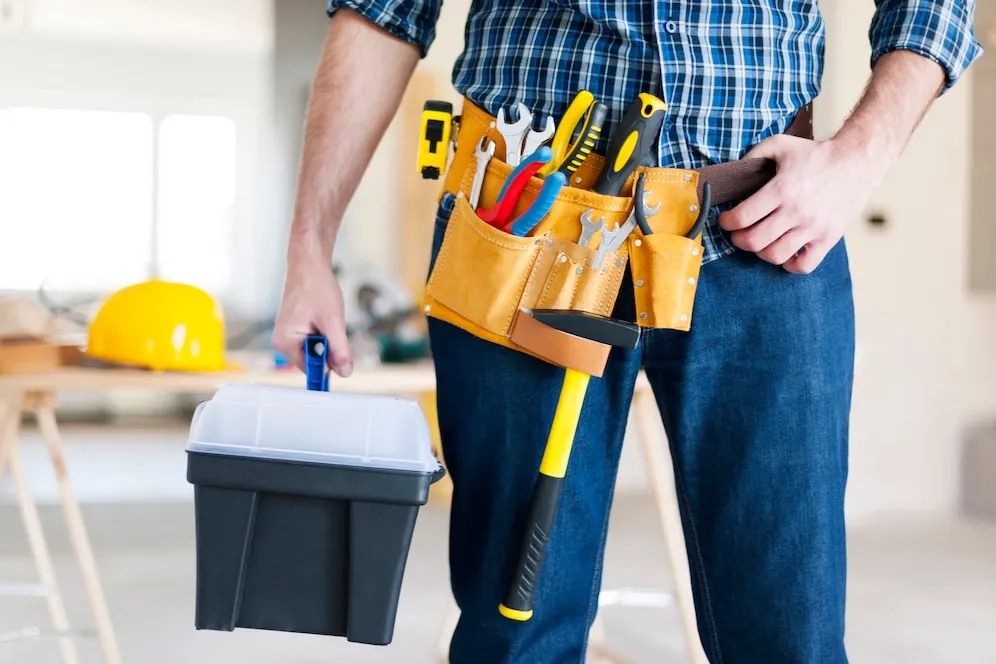🏚️ Introduction
Cracks in walls are one of the most common structural concerns homeowners face. At first glance, they may seem minor or purely cosmetic — but not all cracks are harmless. Some signal serious underlying issues that can worsen over time and result in costly repairs.
In this article, we’ll explore the different types of wall cracks, what causes them, when to worry, and why timely repair is critical — especially if you’re a homeowner in Bristol where old properties are common.
🧱 Types of Wall Cracks
Not all cracks are created equal. Understanding the type of crack can help you determine its cause and urgency.
- Hairline Cracks
- Thin, shallow cracks often seen in plaster or paint.
- Usually cosmetic and caused by drying or minor settling.
- Fix: Easily repaired with filler and repainting.
- Vertical Cracks
- Run straight up and down.
- Often appear due to foundation settling.
- May be minor but should be monitored over time.
- Horizontal Cracks
- Much more serious than vertical ones.
- Can indicate pressure from soil outside your home, especially in basements.
- These often need immediate structural assessment.
- Diagonal Cracks
- Appear at corners of doors or windows.
- Often a sign of foundation movement.
- Should be assessed to rule out serious shifting.
- Stair-Step Cracks in Brickwork
- These follow the lines of mortar in a zig-zag pattern.
- Often found in exterior walls.
- A classic sign of subsidence or foundation damage.
⚠️ What Causes Wall Cracks?
Several factors can cause walls to crack. Some are harmless, while others are symptoms of deeper problems.
- Foundation Movement: One of the most serious causes. Can be due to soil erosion, poor drainage, or even tree roots.
- Moisture Damage: Leaking pipes, roof issues, or rising damp can weaken wall structures.
- Thermal Expansion: Temperature changes cause materials to expand and contract, especially in older homes.
- Poor Construction: Improper plastering or lack of structural support may lead to cracking over time.
- Natural Settling: All buildings settle slightly over time, leading to minor, non-serious cracks.
🛑 Why You Shouldn’t Ignore Wall Cracks
Even if the crack looks minor, it can indicate a much bigger issue behind the scenes. Here’s why quick action is important:
- Prevent Structural Damage
Cracks can expand and compromise the structure of your home if left untreated.
- Avoid Expensive Repairs
Small repairs are cheaper and faster. Ignoring them often leads to major renovation costs later.
- Maintain Property Value
Buyers often shy away from homes with visible cracks. Fixing them early helps preserve your home’s value.
- Health Hazards
Moisture-related cracks can lead to mold growth, which poses health risks.
- Energy Loss
Cracks in exterior walls can let cold air in and warm air out, increasing energy bills.
🔎 When to Call a Professional
If you notice any of the following, it’s time to contact a wall repair expert:
- Cracks wider than 5mm (a pencil fits inside)
- Horizontal or stair-step cracks
- Cracks that keep growing
- Cracks with moisture, mold, or discoloration
- Gaps around windows and doors
🛠️ Wall Crack Repair Services in Bristol
At Bristol Property Repair, we specialise in diagnosing and repairing all types of wall cracks — inside and out. Whether it’s cosmetic plaster cracks or serious structural faults, our experienced team ensures durable, professional solutions.
We work with:
- Brick and block walls
- Plaster and drywall
- Interior and exterior surfaces
✔ Free assessments
✔ Competitive pricing
✔ Long-lasting repairs
✔ Local experts in Bristol’s older housing stock
📞 Need Expert Help?
Don’t let a small crack become a big problem. Contact us today for a free wall inspection and quote. You can call, email, or even reach us directly through WhatsApp (visible on our website)!
🧩 Final Thoughts
Wall cracks are common, but they should never be ignored. The sooner you identify and repair the issue, the better protected your home — and your wallet — will be.



